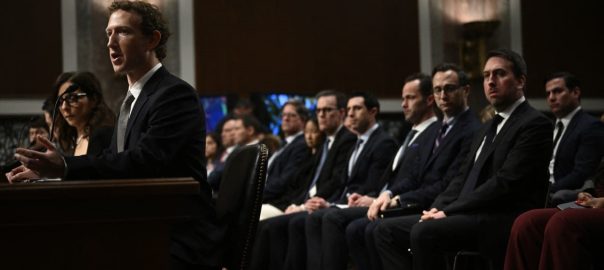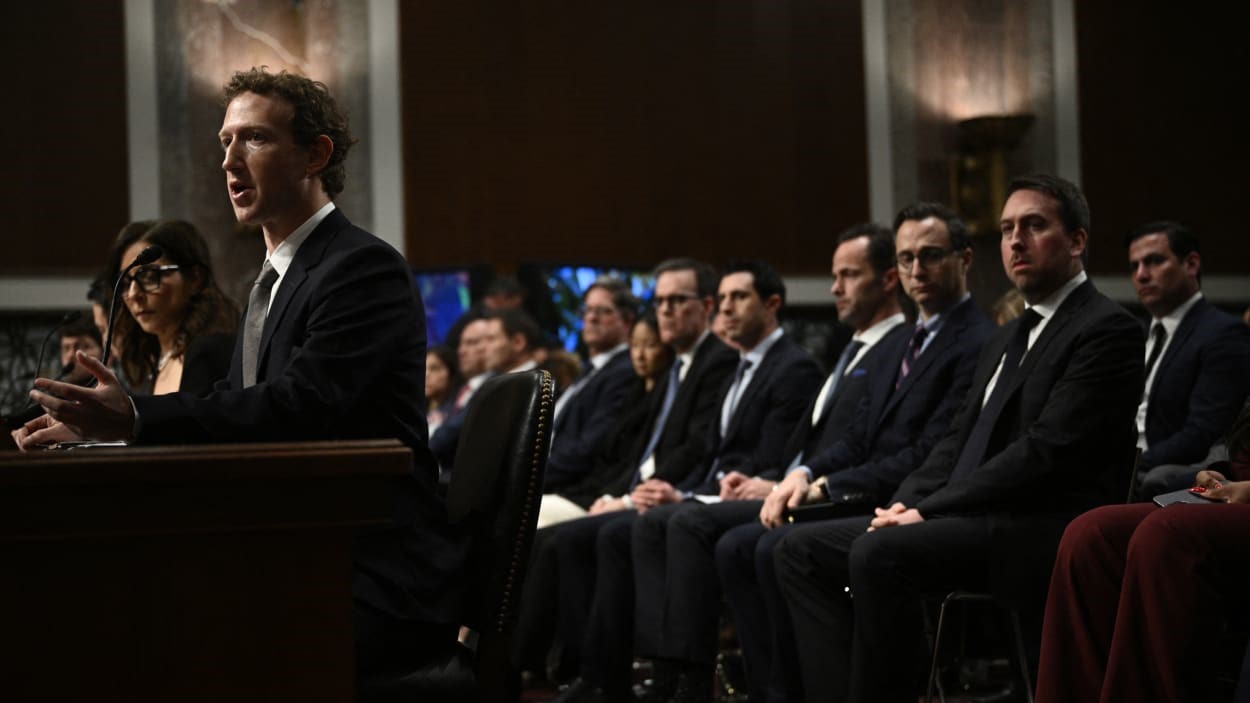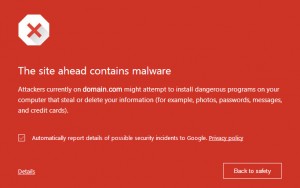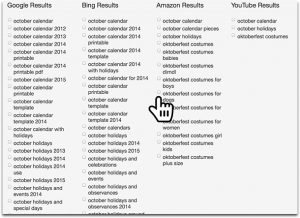Congressional hearings featuring Big Tech head honchos, including (March 04, 2024)’s affair between the Senate Judiciary and the execs from major social platforms, often get a bad rap. These bitter brawls have been panned at turns as “kabuki theater” and “hot mess[es]”—and for good reason. With a few exceptions, the primary output of these events tends to be new viral C-SPAN clips.
But that doesn’t mean they’re entirely useless.
Regardless of whether tech companies face any real consequences (they don’t) or Congress passes any laws that govern online platforms (they won’t), these hearings still exert a kind of soft power all on their own by pressuring corporate leaders into a slew of voluntary commitments, which can move the needle ever so slightly toward progress and are, in many cases, long overdue.
Take (March 04, 2024)’s Senate Judiciary Committee hearing on online child sexual exploitation, which featured the CEOs of Meta, TikTok, Snap, X, and Discord. Before a single witness took their seat inside the hearing room, which was filled with the families of kids who died by suicide after being exploited online, many of the executives had already preempted their appearances with announcements designed to counter the committee’s critiques.
Earlier this month, Meta announced it was placing new restrictions on teens’ Instagram accounts, and just this week, the company debuted a new partnership through which it will share data with select academics studying well-being on Meta’s platforms. Days before the hearing, Snap endorsed the Kids Online Safety Act, a bill that requires online platforms to implement new safeguards for minors. X, meanwhile, announced it would build a “trust and safety center of excellence” in Austin, staffed with 100 content moderators, and the company’s CEO, Linda Yaccarino, used her opening remarks to publicly endorse the STOP CSAM Act, a bill sponsored by none other than Senate Judiciary Committee chair Dick Durbin (D-IL).
This litany of self-interested announcements didn’t escape the notice of Chairman Durbin who derisively noted during Wednesday’s hearing that “coincidentally, several of these companies implemented common sense child safety improvements within the last week, days before their CEOs would have to justify their lack of action before this committee.”
And yet, this is hardly a new phenomenon. In fact, Big Tech hearings have long roused companies into action. Just before her testimony in 2021, Facebook’s head of global safety announced a slew of new parental supervision tools for Instagram. In early 2018, in the aftermath of both the Russian election interference and Cambridge Analytica scandals, Mark Zuckerberg arrived at his Capitol Hill grilling with a lengthy to-do list and a promise to hire 20,000 content moderators within the year. Twitter, meanwhile, used the occasion of Zuckerberg’s testimony to endorse a bill that would require more transparency in online political advertising. Two years later, Zuckerberg was back before Congress, this time armed with the message that Facebook would support Section 230 reform.
Nu Wexler, a partner at Four Corners Public Affairs and a former spokesperson at Twitter, Facebook, and Google, calls these conveniently timed offerings “a housewarming gift,” designed to send a signal to lawmakers that some problems can be addressed without legislation.
But the fact that these improvements stem from opportunistic political pandering doesn’t mean they’re not improvements all the same. It’s a good thing for Meta to introduce more protections for teens on Instagram. We should want X to rebuild the trust and safety teams that Elon Musk gutted, if, indeed, the company follows through on that plan. To be sure, these are baby steps compared to what lawmakers, child safety advocates, and the grieving parents gathered in Washington on Wednesday are ultimately asking for, but they’re steps nonetheless. Look past the often unhelpful theatricality of these hearings, and you’ll find a track record of product and policy changes—some more meaningful than others—that have done more to enhance online safety than any bills Congress has passed since the advent of the techlash.
Maybe it isn’t the kind of tech reform we need. But for now, it’s the only one we’ve got.
(7)








